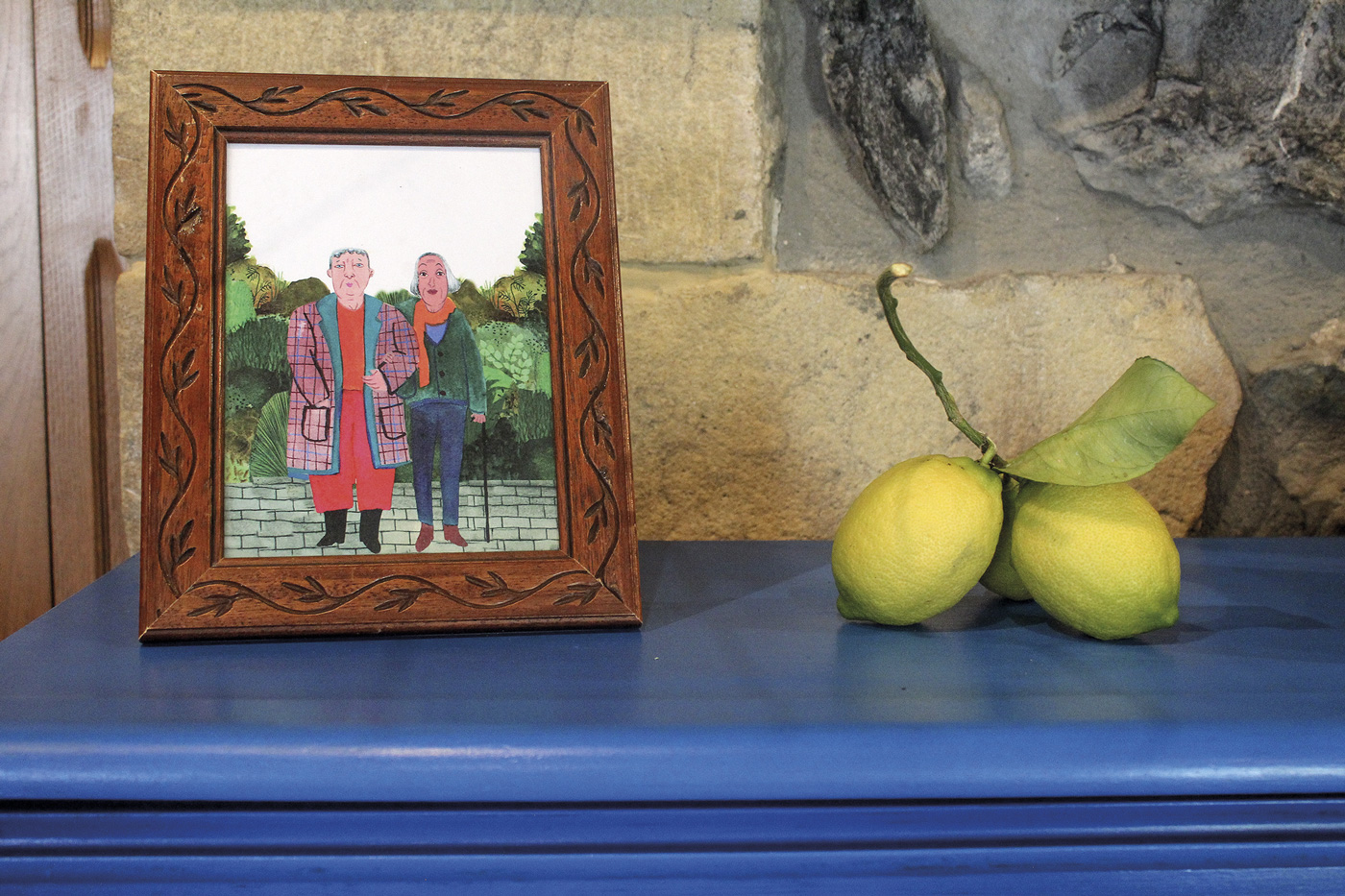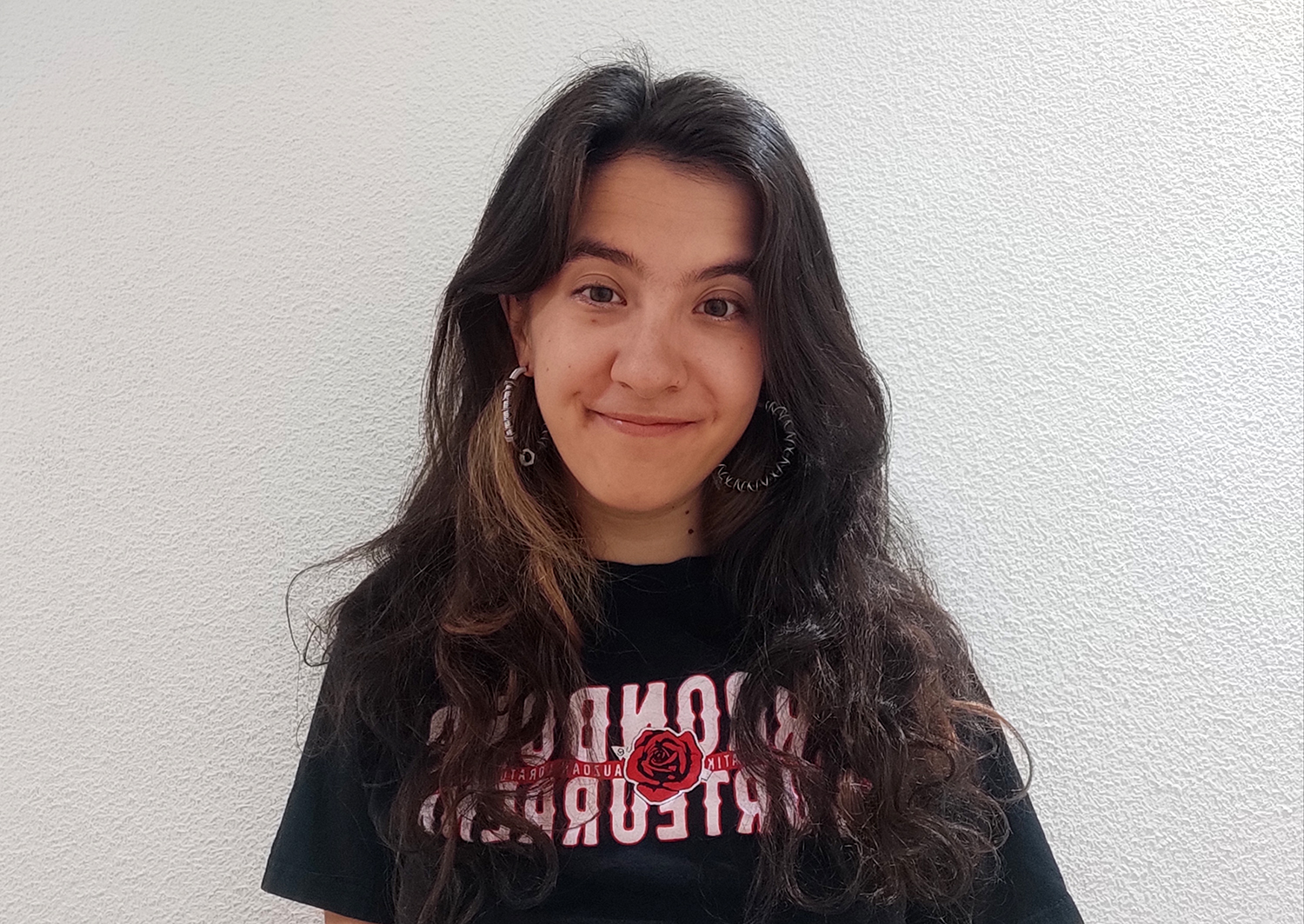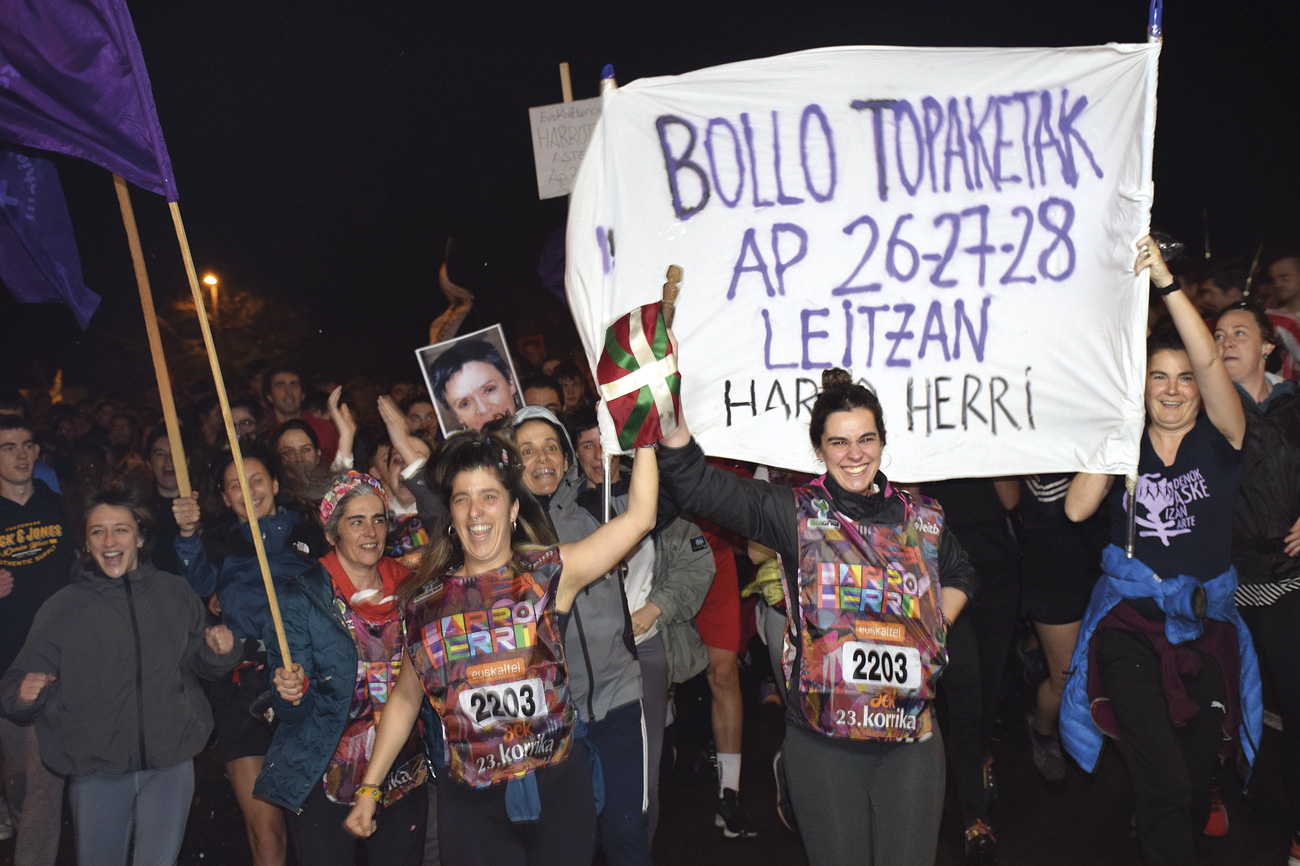"It's important to be aware of what has made us."
- Sentis is a historian. Historian, activist, feminist and lesbian. Outside the university, she prefers to research history through popular research, linked to horizontality. Aware of the mechanism of invisibilization of women and lesbians, he disconstructs himself and writes another story. Although the road is still long, the French researcher looks to the future with optimism.

Women are not subjects of history, let alone lesbians.
The women’s movement of the 1970s highlighted this mechanism of invisibility. They started to look at the history of women. We are also in it, as a new generation, adding new perspectives and notions to the contributions of the ancestors. The road is long, but the situation is improving. We are often ourselves the motors of invisibility, we still have to do collective and individual dismantling.
How is invisibility resolved?
To begin with, with its patriarchal rules, the French language makes invisible to the women who have been in an event. There are also historians and militants who participate in memory adaptation, reproducing schemes of oppression.
You often denounce the hierarchization of stories.
It is done by the institutions that write history, but also by those that hold in their hands the remains of an event. In addition, there are still many women who do not testify or leave very little, because, according to them, it is “useless” or “natural”. They haven't been questioned by those who are collecting stories, despite the lack of awareness. It is important that everyone should be aware of their position, of what they have made of us.
The coming out is important.
These streaks of deafness are indispensable weapons in the fight against heterosexism. In writing history, they usually tell us that a unionist or an antifascist was a lesbian, and they ask us, "Why do you say that?" They don't realize that with that phrase we're sneaking into the heterosexism that we're continuously producing. However, I have behaved with restraint, seeing that the women of the 40-50 years did not use the word “lesbian”. The language is immense, it sticks to us, it is in the hands of the system of oppression.
The heterosexual nature, however, is systematically raised.
Heterosexuals also have to fight heteronormativity. You tend to look at the relationships between people in the study of history. Here we also take into account the relationship dictated by the norm, the loving, affective, erotic relationships that have a different form have been erased. They are private accounts, or they are judged, or they are not mentioned. It should be noted that the private is political, because the destruction of these matrices has not been done.
We have other stories on the fringes of official history. Is that also the case for LGBT people, knowing that for a long time and still many remain silent about it?
I could say there's a story about LGBT. The relationship with the intimate varies according to the cultures. As far as France is concerned, if there is still a way to go to express itself. But they're also the ones who made the struggles and the networks to live their own. We started to hear about them, they started coming out of the closet. It is the result of a lot of awareness-raising work. I had the opportunity to help Pierre Seel, who made public his testimony about homosexuality. Furious at the homophobic words, he took a step to bear witness. He was deported for homosexuality in 1941. As a survival strategy, she lived in a heterosexual couple. It takes years and a special liberating element to take the step.
Some say no one was deported in France for being homosexual.
It is a complex issue. Voices about sexualities are complex. As Foucault said, everything is observed, there are rules, codes, prohibitions ... During war, sexualities can be traumatic, as violence is multiple. Survival strategies are proposed. There are also taboos, experiences that you want to forget or save. There is also the question as to how to make the statement. In addition, they were different realities depending on nationality and the political situation. About a hundred men would be deported for their homosexuality. Others were persecuted for being homosexual and deported for another reason.
As for lesbians, what do we know?
The States had a clear idea: not to say anything in a way that did not exist. Austria punished female homosexuality, the other countries did not. Lesbians had been persecuted for other reasons: Considering it “associative”, “in the name of morality”, as incompatible with family values. The word “lesbian” never appeared, but the repression mechanism was there.
Morality is broad and partial.
It was an appalling repression, because, in a few words, they exerted terrible pressure. She was a heterosexual, married woman, starting at the time, and the others were punished. We're writing that story. Basically, we're collecting in the Queer Code numerical space what lesbians and transgender women lived in World War II. We have it difficult, because many file sources no longer exist and most witnesses are dead.
“Bigarren Mundu Gerlan ekialdeko Pirinioetan izandako erresistentzia gune bati buruz egin zuen ikerketa historialari gazte batek, duela bospasei urte. Emakume batek beste emakume batzuentzat sortu gunea zen. Kasu honetan emakumea lesbiana zen, historialariak bazekien. Alta, inoiz ez du lesbiana identitatearen berri eman. Ikusezintasuna erreproduzitzen zebilen historialari horrek errabiatu ninduen! Kasik lotu nintzen berriro historia ikasketei”.

























